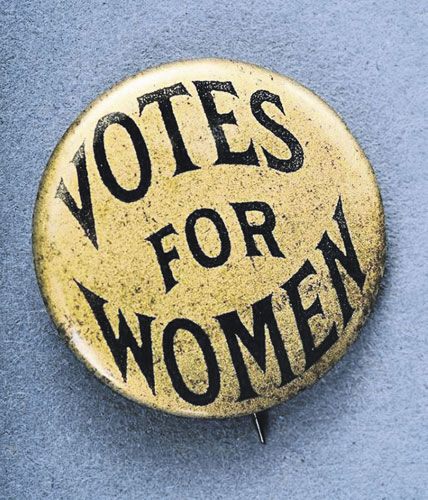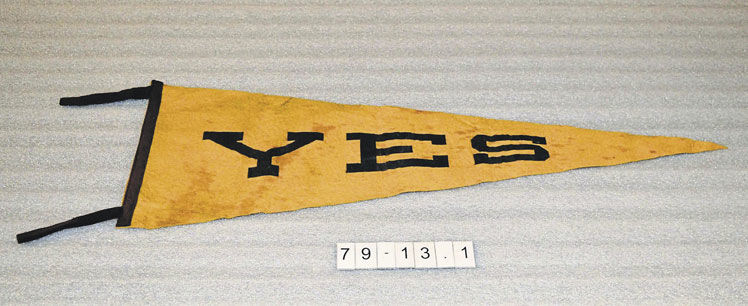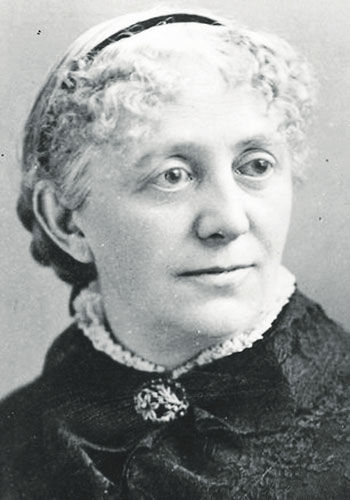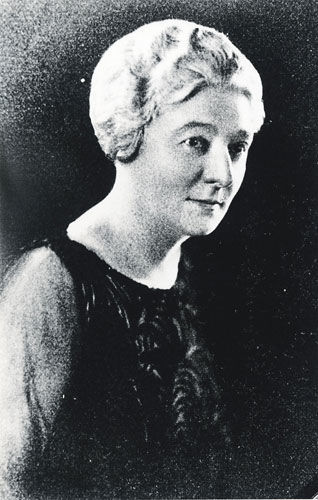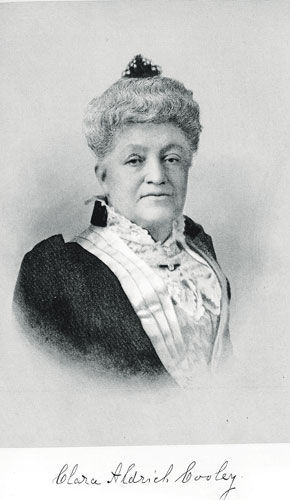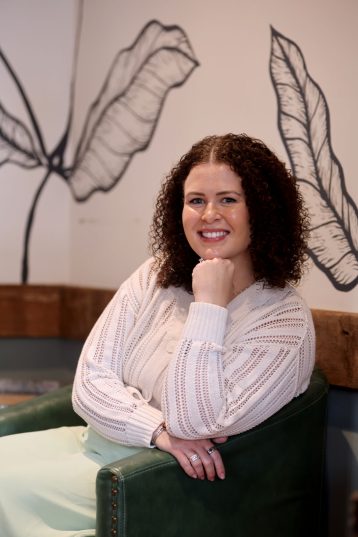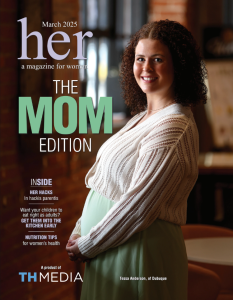Editor’s note: In honor of the 100th anniversary of women’s suffrage, the Telegraph Herald will be publishing a series of articles about how the groundbreaking 19th amendment impacted the tri-states, as well as some of the key residents involved. This is part one of our series. Look for our next installment on Tuesday, May 12.
This year will be one to remember for a lot of reasons. It is the year of the pandemic. It is the year we’ll be talking about when we say, “I remember when …”
Our children and grandchildren will tell their children and grandchildren about the time schools, church services, birthday parties and going out to eat on a Friday night became, at least for a while, a thing of the past.
But there is a bright spot.
It also is the year that we honor the 100th anniversary of the passage of the 19th amendment, which gave women the right to vote. The fact that 100 years ago, after decades of rallies, conventions, lobbying and perhaps even a few radical activities, women were given that right has even more significance than a centurion anniversary.
After all, 2020 is a presidential election year.
On July 2, 1919, the Iowa legislature ratified the 19th amendment, giving women the right to vote. On Aug. 18, 1920, Tennessee became the last of the then 48 states to ratify the amendment, and it officially was adopted by Congress on Aug. 26, 1920.
That year, women finally had earned the chance to voice their opinions at the ballot box, and they haven’t looked back.
Since 1964, women have outnumbered men at the polls during presidential elections, according to the Washington Post. The Pew Research Center estimates that 55% of voters in midterm elections are women.
The foundation of women’s suffrage began with Quaker women like Lucretia Mott and Susan B. Anthony. The Quaker religion was considered progressive in its belief in equality for both men and women. This led to Quaker women being prominent leaders in both the women’s suffrage and abolitionist movements.
It was a long-fought battle that started almost another 100 years on the other side of 1920, with the Seneca Falls Convention in New York in 1848. Mott and Elizabeth Cady Stanton, a New Yorker who was not a Quaker, were among the speakers at the gathering.
The movement faltered during the Civil War years but came back with a vengeance in the late 1860s.
When the 19th amendment was adopted in 1920, women who had long been relegated to tasks of submissive domesticity had earned the right to have a say in matters on the local, state and federal level. And several of the front-line leaders of the suffrage movement in the Midwest, and later on a national stage, made their homes in Dubuque.
In February 1869, nine Dubuque residents made their way across the Mississippi River in the dead of winter to attend the Grand Women Suffrage Convention in Galena, Ill. Susan B. Anthony and Elizabeth Cady Stanton, arguably two of the most famous figures in the movement, both spoke during the event.
While no transcript of Stanton’s speech during the Galena convention exists, her purpose had not changed since she spoke at the Seneca Falls Convention nearly 21 years before:
“We are assembled to protest against a form of government existing without the consent of the governed. To declare our right to be free as man is free, to be represented in the government which we are taxed to support, to have such disgraceful laws as give man the power to chastise and imprison his wife, to take the wages which she earns, the property which she inherits, and, in case of separation, the children of her love; laws which make her the mere dependent on his bounty.”
Inspired by Stanton’s speech, six of the attendees co-founded the first women’s suffrage organization in Iowa — the Northern Iowa Suffrage Society.
Other women, who were children or had not yet been born at the time of the Galena convention, would later take up the baton that was carried by others for many years. These included May Rogers, a Dubuque journalist, and Anna Bell Lawther, who would go on to become the Democratic National Committeewoman for the state of Iowa.
But in 1916, when Lawther was elected president of the Iowa Equal Suffrage Association, 47 years after the Galena Grand Women Convention, 72% of Dubuque County voters (all men, of course) cast their ballots against the state constitutional amendment to remove the world “male” as a requirement for voting.
The right to vote was still a fight that had to be won.

